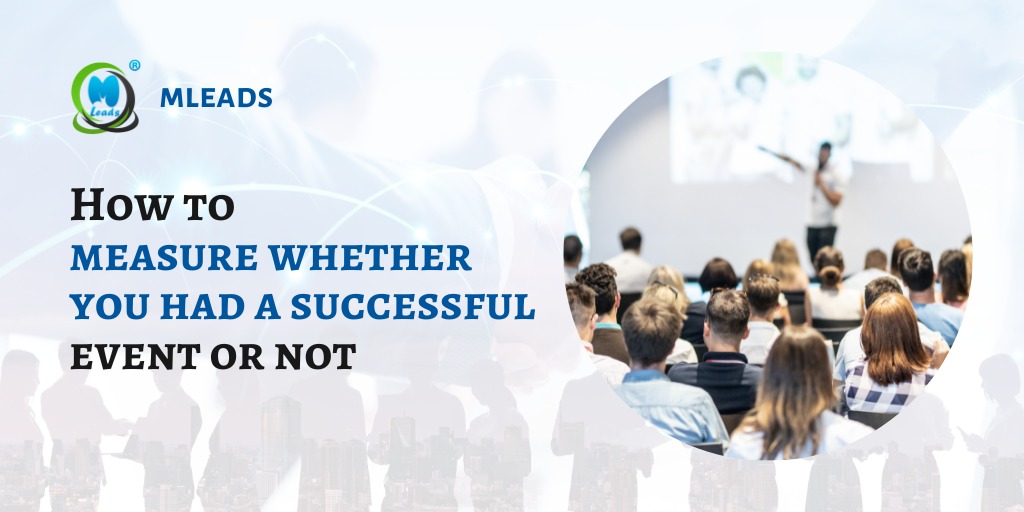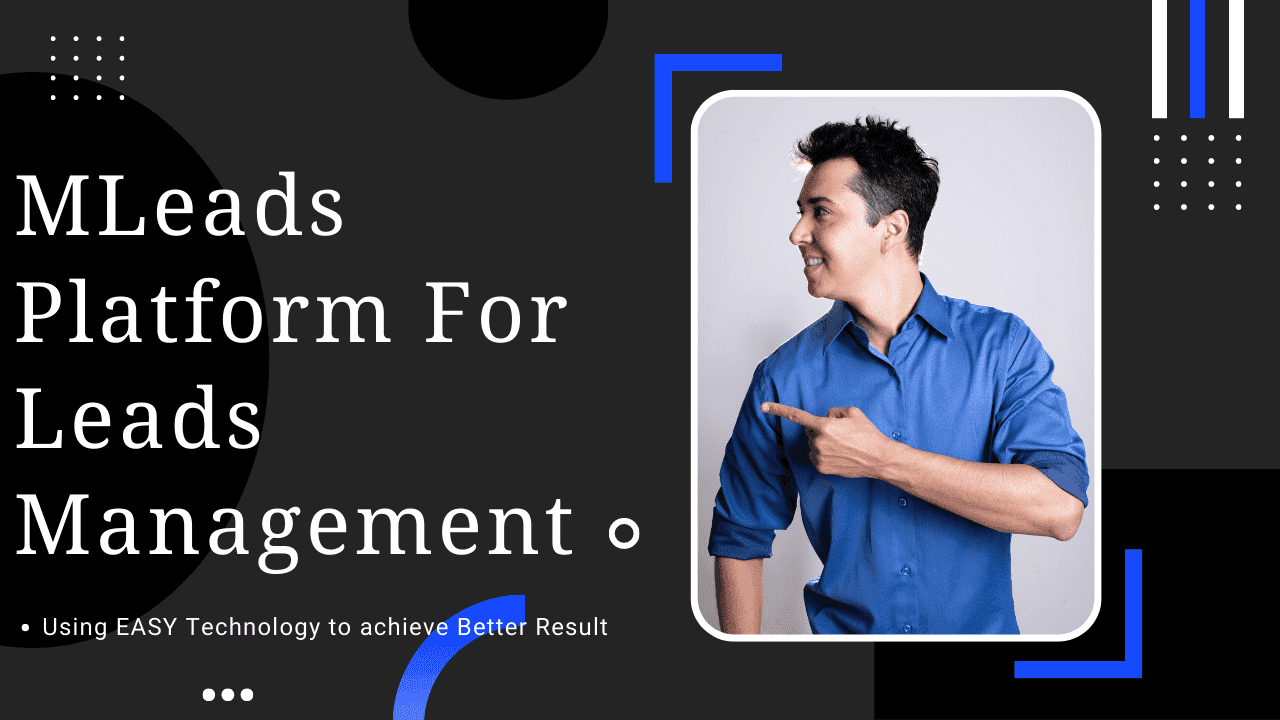As an event organizer you always set your success metrics for your event. Being an organizer, you consistently analyze the most prominent metrics like attendee engagement and ROI of the event. For that you need to play carefully with the data which you collect after completion of the event.
Every event organizer has different success factors for organizing an event like:
- ROI
- To increase attendee engagement
- To build Brand awareness
- To increase sales pipeline
- Launching a new product
- To build loyalty of event attendees
- Increase networking among event attendees
- Measure attendee satisfaction
The complete event management process is incomplete without having ideas, whether it served value to you and your attendees or not. Measure success of an event in terms of attendees’ engagement and ROI, to have an integrated view about success of the event. Here are some top ways of measuring success of the event:
1) Survey your event attendees
As an event organizer you emphasize on increasing attendee engagement, anytime you don’t survey your event attendees within day or two days of the event, then you are losing a Touchpoint. Depending upon your event objectives like To build Brand awareness, Product launch event, Increase attendee interest you can go for pre-event surveys. To gather direct feedback from event attendees is a critical part of the event success, sending out post-event surveys are a direct way to measure objectives like to increase sales pipeline, Build loyalty among the attendees, Increase networking among the attendees, To measure attendee satisfaction.
2) Measure financial success of the event
To Quantify the ROI for your event, first you need to collect accurate event data. You should maintain each and every bit of information about your event attendee starting from event registration, while managing walk-in customers, Post event data which provide qualitative reviews of employees. Based on this you generate statistical reports for filtering out prospective leads, converted leads, sales cycle reports, pipeline sales report etc.
3) Record and analyze lifecycle change of your event attendees.
Whether your attendees are customers, prospective customers or loyal customers, you should have a complete view of your attendees’ life cycle stages and you should nurture your valuable leads. This filtering process of filtering out leads through their lifecycle stages makes the process of lead nurturing even easier and faster.
You can strategize your event decisions based on the data and it will enable you to better understand your audience and it will give you a clear picture of your event.





Zaproxy dolore alias impedit expedita quisquam.